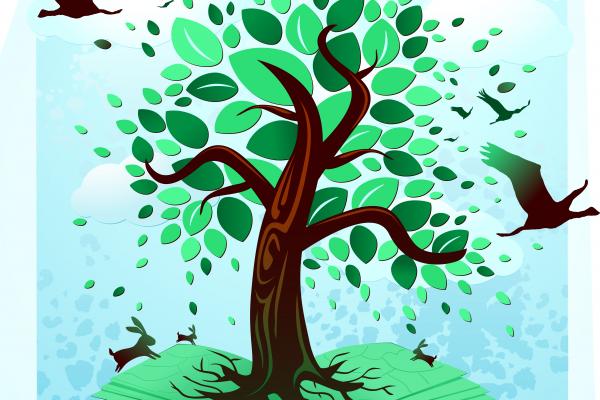About 30 global religious leaders working in their churches and organizations on environmental justice and advocacy for climate change met last month for the World Council of Church’s (WCC) Working Group on Climate Change in Wuppertal, Germany.
This group tackled the urgent issue of climate justice — as there are environmental problems caused by rich nations that affect others. This includes, for example, the great Pacific garbage vortex and depletion by U.S., Japanese, and Norwegian fishing of species, such as cod, on which smaller countries depend for sustenance, creating conditions that affect vulnerable communities around the globe. Climate change is affecting those in Africa as it dries up their land and enlarges the size of the Sahara desert. It affects Asia as huge storms flood broad areas of coastline, devastating homes and lives. Climate change is affecting the most vulnerable populations, which live near vulnerable croplands and shorelines and depend on farming and fishing for their livelihood. Climate change creates weather that takes lives and destroys communities.
Climate change workers realize that those who have contributed the least to CO2 emissions are (and will be) suffering the worst consequences.
Read the Full Article

